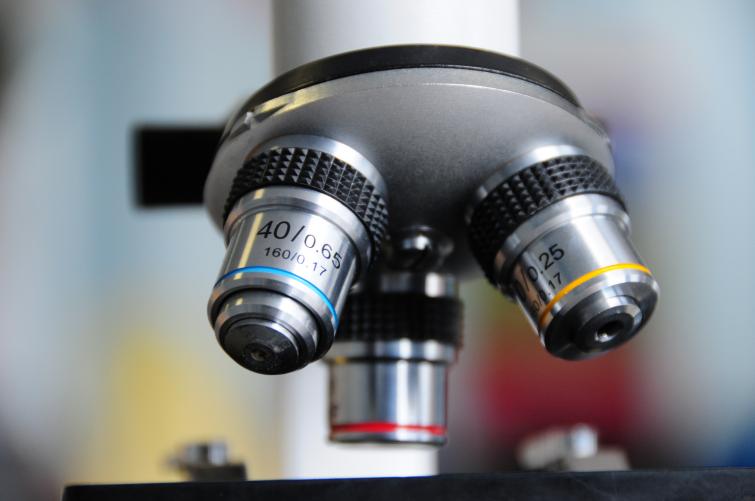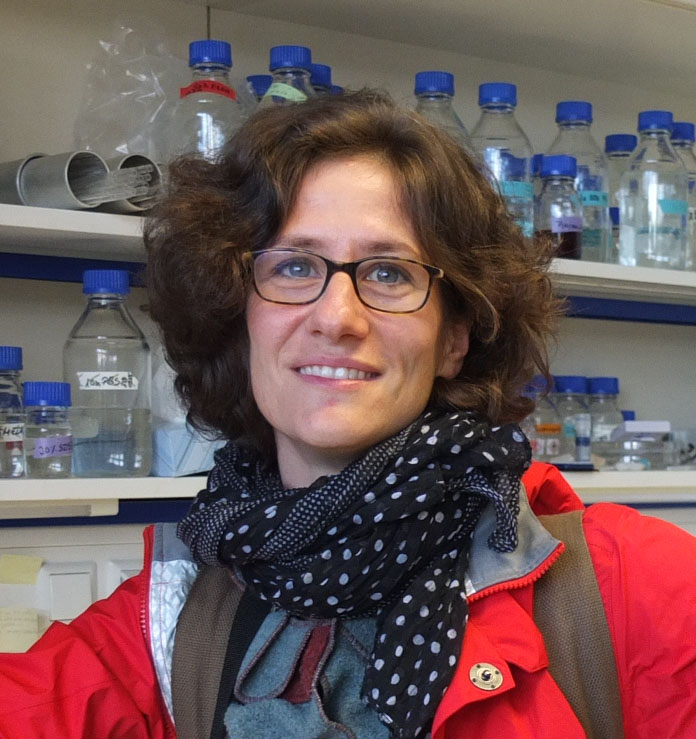
 award
award
Fabrizia Stavru awarded a Young Investigators' Grant by the Human Frontier Science Program
The Human Frontier Science Program (HFSP) supports novel, innovative and interdisciplinary basic research focused on the complex mechanisms of living organisms; topics range from molecular and cellular approaches to systems and cognitive neuroscience and the interactions between organisms.
Research Grants are awarded for novel, ground-breaking collaborations involving extensive collaboration among teams of scientists working in different countries and in different disciplines. One of the two types of grants is the Young Investigators' Grant. This type of Research Grant provides 3 years of support for international teams involving at least two countries.
 Fabrizia Stavru, a scientist in the Bacteria-Cell Interactions Unit, is a member of one of the few teams selected to receive the grant this year. Together with her fellow members in this international team of four young scientists, she was recognized for the project "Midichloria mitochondrii, unique intramitochondrial bacterium and novel tool to explore mitochondria", which aims to examine the unique life cycle of this bacterium in the Rickettsiales order. M. mitochondrii is the only bacterium known to colonize mitochondria, essential organelles in eukaryotic cells. In nature, this bacterium colonizes nearly all the female ticks of the most widespread species in Europe (Ixodes ricinus). It can therefore be considered as a symbiont of these ticks, which are vectors of diseases such as Lyme disease.
Fabrizia Stavru, a scientist in the Bacteria-Cell Interactions Unit, is a member of one of the few teams selected to receive the grant this year. Together with her fellow members in this international team of four young scientists, she was recognized for the project "Midichloria mitochondrii, unique intramitochondrial bacterium and novel tool to explore mitochondria", which aims to examine the unique life cycle of this bacterium in the Rickettsiales order. M. mitochondrii is the only bacterium known to colonize mitochondria, essential organelles in eukaryotic cells. In nature, this bacterium colonizes nearly all the female ticks of the most widespread species in Europe (Ixodes ricinus). It can therefore be considered as a symbiont of these ticks, which are vectors of diseases such as Lyme disease.